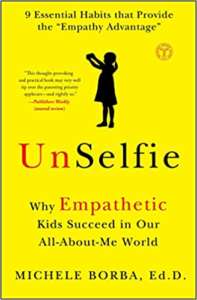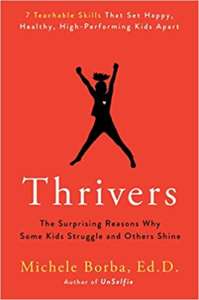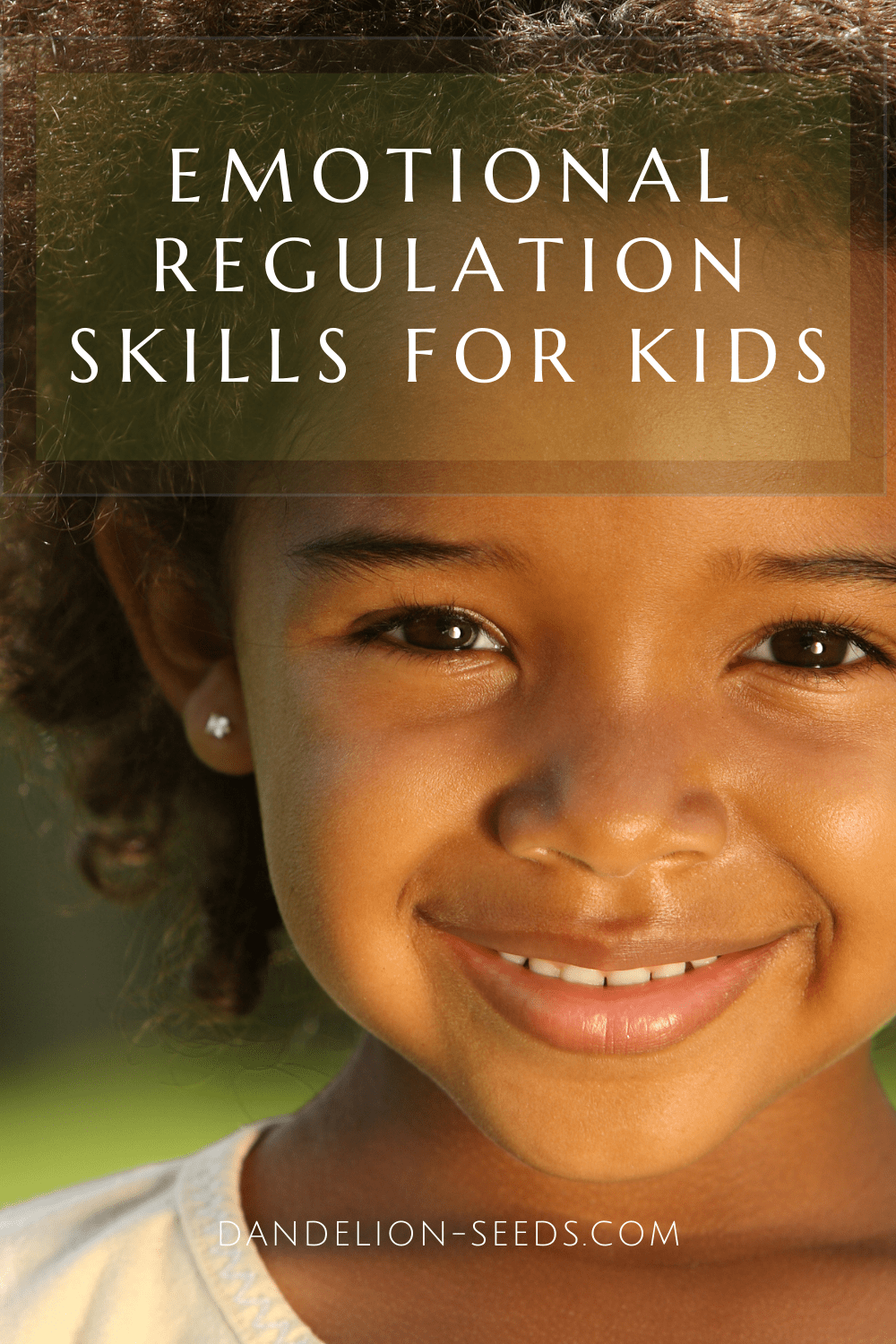
Sign in
Don't have an account with us? Sign up using the form below and get some free bonuses!

Emotional regulation skills are of growing importance in a world where depression and self-esteem are at an all-time low for children.
At the same time, we know that resilience and empathy -- along with emotional regulation skills -- are protective factors that help guard against these challenges. These skills are teachable, according to expert Michele Borba, Ed.D.

Although emotional regulation skills are multifaceted and complex, the short description is that they reflect a child's (or an adult's) ability to refrain from acting out "in the moment." Emotional regulation skills happen in the pause that happens between thought and action, wherein we process how we're instinctively inclined to react versus how we want to respond.
One key way to teach emotional regulation skills is through emotion coaching. If a child learns to pause -- to check in with themselves to see how they're feeling before they act -- it helps them slow down just enough to consider the potential consequences of their actions.

That said, the prefrontal cortex -- the part of the brain that handles executive function skills like these -- isn't fully developed until around the age of 25.
How do we help it develop?
We can give our kids plenty of practice -- along with a roadmap of what to do when they feel flooded with emotions.
Related mini-course: Holding Space for Kids' Big Feelings
See also: FREE expert interviews about parenting and child development and more mini-courses from a certified positive parenting coach
It gives them tools to navigate their emotions and process them in healthy ways. It normalizes and creates a safe for full expression of whatever it is they’re experiencing.

When a child is young, a caregiver can help the child learn about their feelings in three key ways:
As the child grows older, a caregiver can add more detail and complexity to the discussion:
I refrain from including specific ages to represent a “young” child versus an “older” one because each child differs in their emotional literacy and in their comfort in talking about emotions.
Also, because child development is not linear, what might work for a child one day might not work at all for that same child, the very next (or even later that same day). Just as emotions are fluid and dynamic, so is the child’s ability to embrace, comprehend, and work through them.
Michele Borba, Ed.D., explains that resilience is learned, and not necessarily an innate skill.
With emotion coaching, and regardless of their age, we give our children something to do with their emotions. It’s a roadmap for managing their feelings in healthy ways. We’re showing how to navigate feelings; to embrace them. To befriend and welcome them.
Similarly, with emotional regulation skills, children learn that they can trust a predictable process of working through situations that feel tricky to them. They can reliably
When they give themselves the gift of choosing their response, they can decide whether the experience is something they can manage on their own or examine whether they need support.
When they seek support, of course, we create a virtuous cycle of kids identifying where they need help -- and accordingly, getting that support.
These are skills on which they can rely in all of their relationships throughout their lives.
Related article: Attention-Seeking Behavior: 3 Reasons Not to Ignore It (and What to Do Instead)
